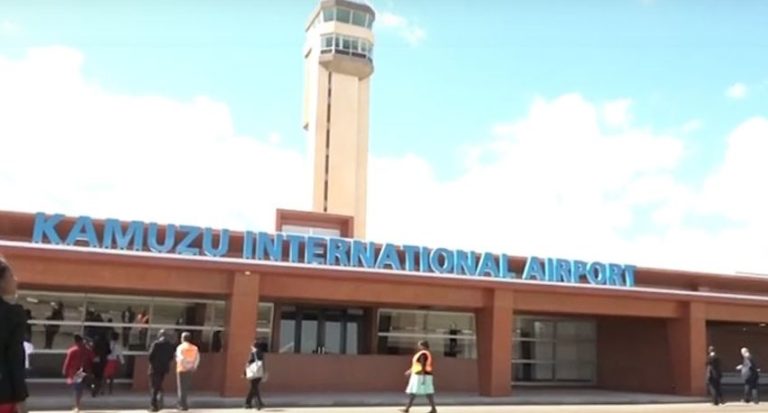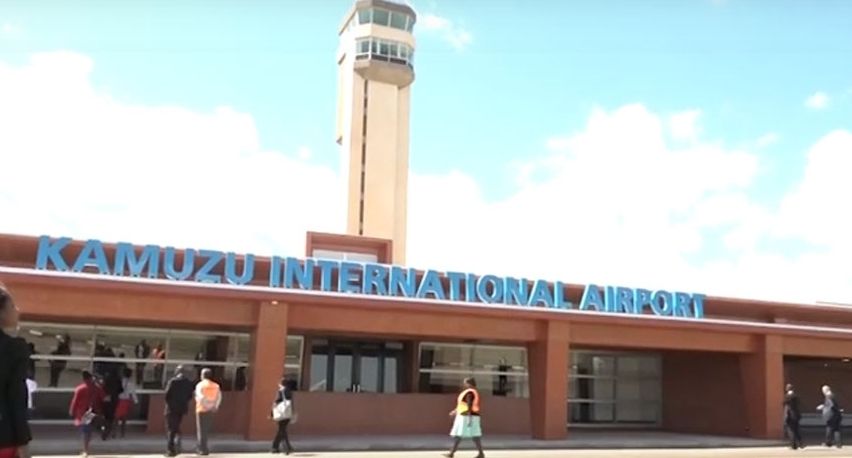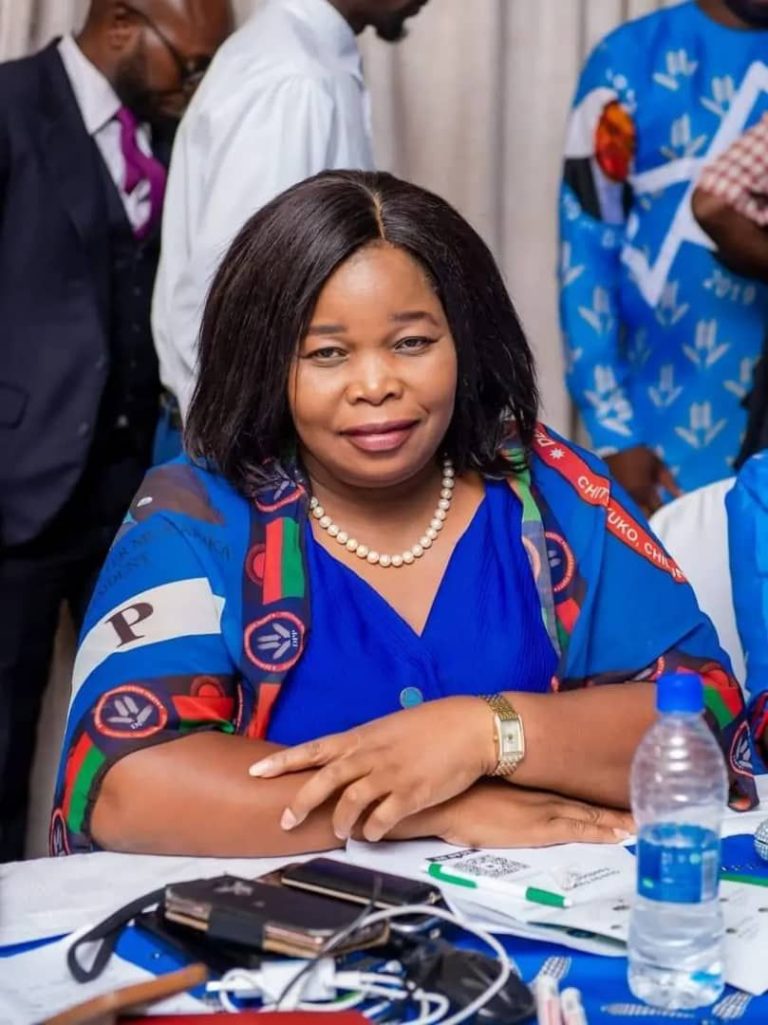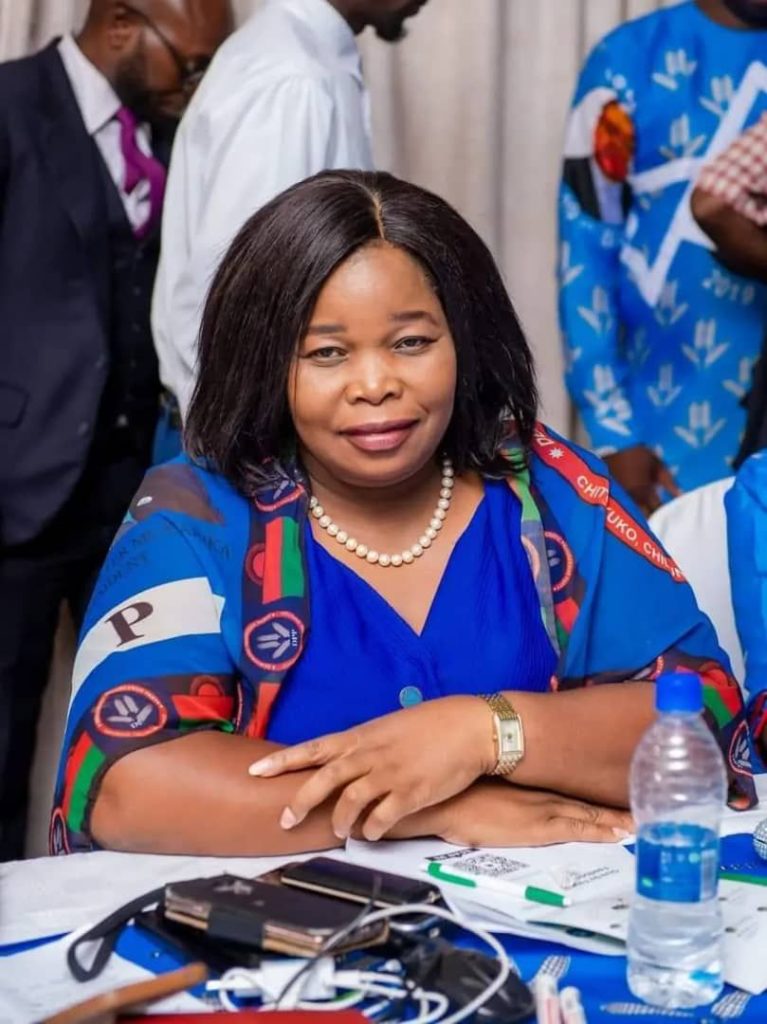By Twink Jones Gadama
In a groundbreaking move that has left tongues wagging and jaws dropping, Malawi has made a strategic decision to import goods from Israel using the Kwacha currency.
This unprecedented deal, spearheaded by the Malawi delegation led by the illustrious Secretary to the Treasury Betchani Tchereni, promises to revolutionize the country’s economy and bring about a much-needed boost in trade relations with the Middle Eastern powerhouse.
The negotiations, shrouded in secrecy and cloaked in mystery, have seen Malawi secure deals with six prominent Israeli companies.
These deals are set to pave the way for the importation of crucial commodities such as fertiliser, fuel, and essential medicines, all while sidestepping the involvement of middlemen.
What’s more, all transactions will be conducted in the local currency, further bolstering Malawi’s economic sovereignty.
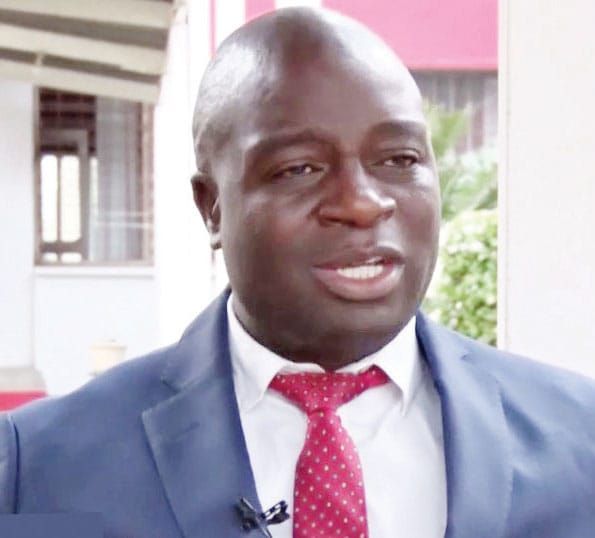
The potential benefits of these deals are staggering, with estimates suggesting that Malawi could save up to a staggering $1 billion (equivalent to about K1.740 trillion) in the long run.
This significant cost reduction is expected to trickle down to consumers, resulting in lower prices for the imported goods and a much-needed reprieve for the country’s struggling economy.
Secretary Tchereni, the architect behind this bold move, has expressed optimism about the positive impact these deals will have on Malawi’s trade balance and foreign reserves.
By reducing the reliance on foreign currency for imports and fostering stronger ties with Israeli companies, Malawi is poised to secure a more stable and sustainable economic future.
But not everyone is convinced of the rosy picture painted by the government.
Willy Kambwandira, Executive Director of the Centre for Social Accountability and Transparency, has sounded a note of caution, calling for greater transparency in the deals.
Without full disclosure of the companies involved, Kambwandira argues, the public cannot fully assess the potential risks and benefits of these agreements.
However, Edward Chaka, the astute security expert and Executive Director of the People’s Federation for National Peace and Development, offers a different perspective.
Chaka believes that the government’s decision to keep the names of the companies under wraps is a savvy move, demonstrating Malawi’s respect for Israel and its business partners.
In a tumultuous geopolitical landscape, where trust is a scarce commodity, Chaka contends that discretion is key to fostering fruitful international relationships.
As the dust settles on these momentous agreements, one thing is clear: Malawi’s foray into trading with Israel marks a new chapter in the country’s economic history.
With the potential to reshape trade dynamics, boost foreign reserves, and lower prices for essential commodities, these deals hold the promise of a brighter future for all Malawians.
In conclusion, the path ahead may be paved with challenges and uncertainties, but one thing remains certain – Malawi’s bold decision to import goods from Israel using the Kwacha is a game-changer that has the potential to transform the country’s economic landscape for the better.
With transparency, trust, and cooperation, the possibilities are endless.
Watch this space as Malawi embarks on this exciting new chapter in its journey towards prosperity and growth.


